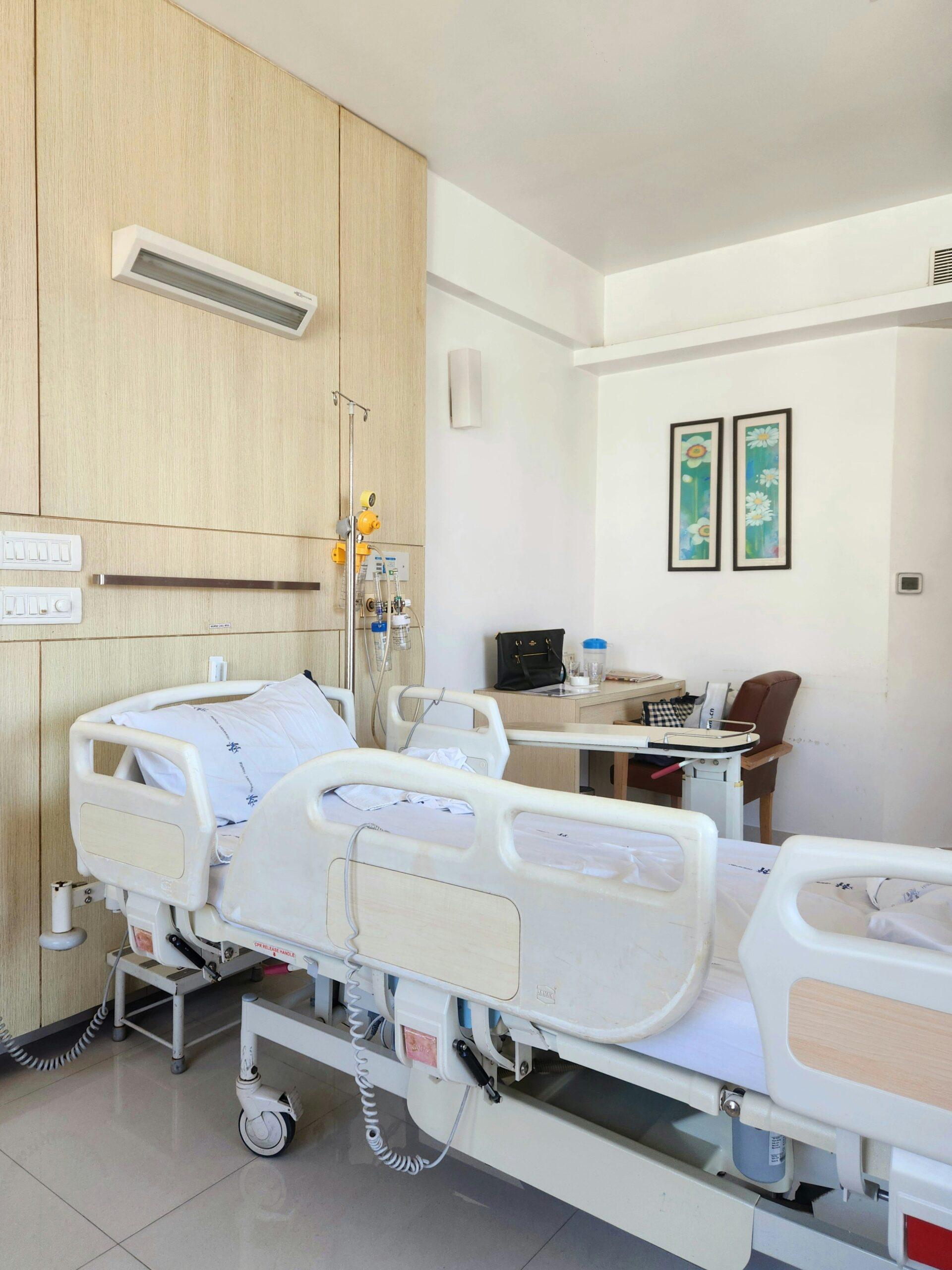Table of Content
Quick answer:

Bedsores, or pressure ulcers, are painful injuries that develop when a person remains in the same position for too long. There are four stages, ranging from mild redness (stage 1) to severe, open wounds exposing bone (stage 4). Bedsores often indicate neglect in nursing homes, where staff should assist immobile residents to prevent these injuries. If your loved one is showing signs of bedsores, Dalli & Marino can help you seek justice. Call us today. Se habla español.
As the people you love get older, it can be more difficult for them to move as they used to. Sedentary behavior is not always a bad thing, but spending a significant amount of time sitting or lying in the same position can see a person start to develop bedsores. If a person you love is in a nursing home or assisted living facility, the staff at these institutions should help them prevent the development of bedsores.
When medical professionals neglect their job duties, your loved one’s bedsores can become a source of pain as well as evidence of nursing home abuse. With that in mind, keep an eye out for the stages of bedsore development. The sooner you notice something amiss, the sooner you can act on your loved one’s behalf.
Stages of Bedsores Due to Nursing Home Neglect
There are four standardized stages of bedsores, with stage one being the least severe and stage four being the worst. This ranges from general redness and tenderness to deep open wounds. Below are the signs of the various stages of bedsores.
Stage One
Your loved one can develop bedsores in more places than you might think. It is most common to discover the first sign of a loved one’s bedsores on their:
- Heels
- Ankles
- Tailbone
- Thighs
- Shoulder blades
- Neck and head
When a loved one’s bedsores are first developing, the sores themselves will not break your loved one’s skin. Instead, you may notice unusual redness or tenderness in any of the aforementioned places. If your loved one complains about unusual soreness in these spots, it may be time to take them to a doctor.
Stage Two
Stage two of bedsore development sees the top layer of a person’s skin wear away. The bedsores most often form small divots and can fill with pus. At this stage, a bedsore can develop an infection, though there is less risk of severe injury than there is later in the sore’s development.
Patients enduring bedsores often report feeling pain from the sores while also suffering from skin or tissue death.
Stage Three
The longer bedsore goes untreated, the worse it is likely to become. At the third stage of bedsore development, patients report enduring near-constant dampness from the wound. This is because, at this stage, the wound will have breached the fatty layer of a person’s body.
While you should not be able to see the bone at this stage, stage three bedsores often reveal a small amount of muscle. These sores often tend to have a distinct smell, as well.
Stage Four
If are left untreated for a considerable amount of time, there is a good chance that the sore itself may open up down to a patient’s bone. In these cases, the patient has a high chance of developing an infection or sepsis. Patients will often suffer from extreme pain, and the tissue around the wound may begin to blacken.
Preventing a Loved One’s Pressure Ulcers
Pressure ulcers tend to develop in people who do not receive the medical attention or care they need daily. If you want to keep a loved one from developing pressure ulcers, you can:
- Research a nursing home or assisted care facility for more information about their legal history
- Visit your loved one regularly
- Inspect your loved one for injury and report the wounds to a reliable medical professional
- Ensure that non-mobile loved ones receive consistent mobility assistance from medical professionals
If you believe your loved one is experiencing bedsores due to nursing home negligence, contact a New York nursing home abuse lawyer.
Bedsores Can Indicate Elder Abuse in Nursing Homes and in Assisted Living Relationships
Dalli & Marino, LLP brings decades of expertise to your elder care needs. If you notice a loved one suffering from bedsores, you can bring this evidence of negligence to one of our attorneys. Our team can assess the extent of your loved one’s losses and make sure you have the representation you need in civil court.
Our team speaks both English and Spanish, making us the ideal partners for clients with bilingual needs. You can schedule a case consultation with our representatives by calling (888) 465-8790 or filling out our contact form.



